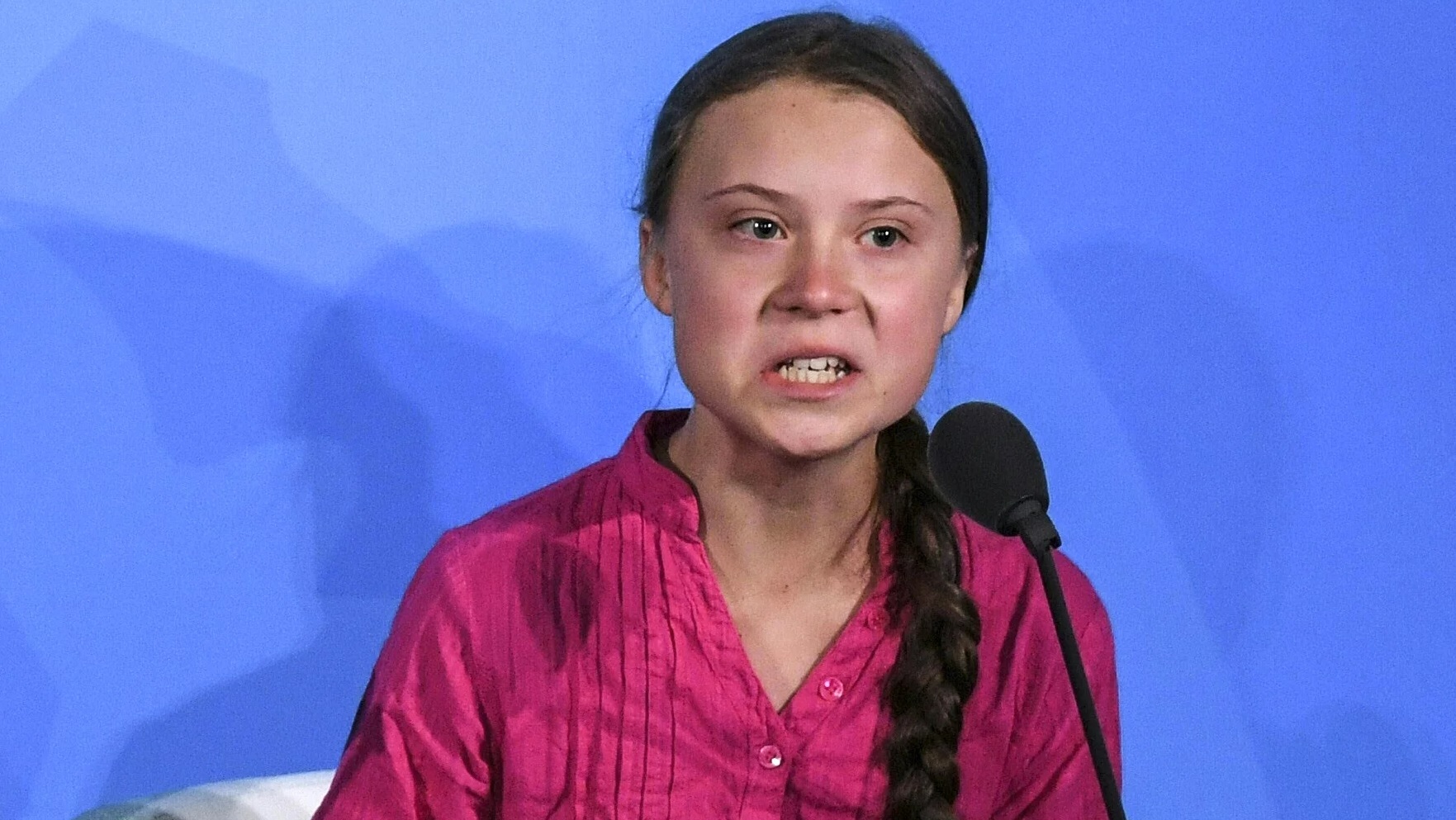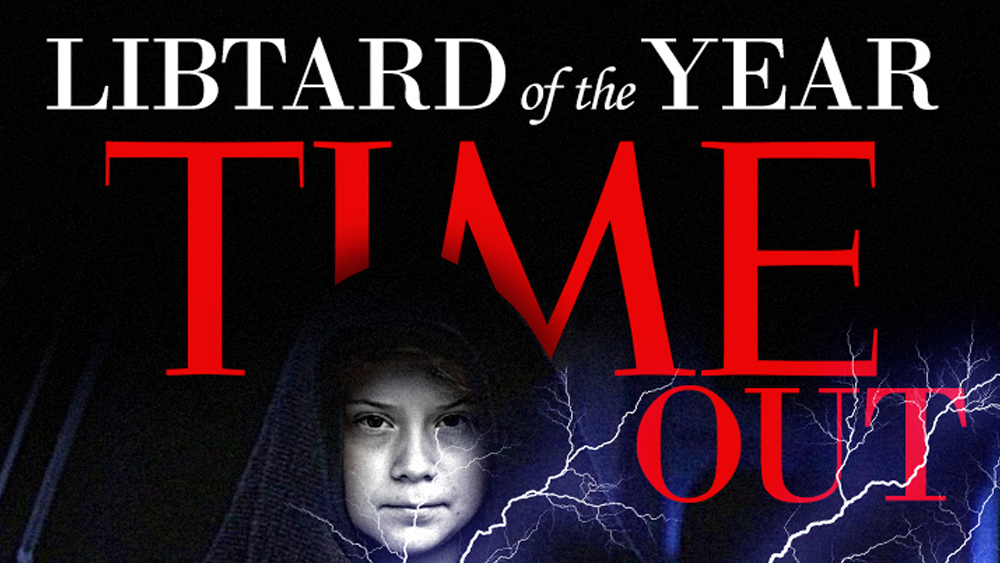Criticizing government through online speech will soon be a CRIMINAL offense under dangerous new UN “speech police” rules backed by Russia, Communist China
12/30/2019 / By JD Heyes

If ever there ever was a reason why the United States should seriously consider ending its relationship with, and support of, the United Nations, a new measure the world body just adopted provides a great reason.
The UN General Assembly last week approved a Russia-led initiative that seeks to create a new global convention on cybercrime that was also backed by Communist China. And while ‘fighting cybercrime’ seems all well and good, Western groups concerned about the preservation of civil rights believe that what really motivated the two powers to push for the initiative was a desire to curb freedom of speech and expression online.
As Breitbart News reports, the newly approved measure would establish a committee of “international experts” in the coming year:
The panel will work to set up “a comprehensive international convention on countering the use of information and communications technologies for criminal purposes,” the resolution said.
The United States, European powers and rights groups fear that the language is code for legitimizing crackdowns on expression, with numerous countries defining criticism of the government as “criminal.”
At present, Chinese Communist leaders already restrict online searches and activities so that nothing critical of their activities can be found by citizens. In addition, Chinese authorities block access to news media that are critical of the regime.
And in fact, other nations have become somewhat authoritarian in their handling of online access, even the world’s biggest democracy — India. New Delhi cut off Internet access in Kashmir earlier this year after the government stripped away the autonomy of the Muslim-majority region.
Iran, too, recently took most of the country offline as the government in Tehran dealt with rapidly spreading unrest that, according to reports, eventually turned violent.
“It is precisely our fear that (a new convention) would allow the codification at an international and global level of these types of controls that’s driving our opposition and our concerns about this resolution,” one U.S. official said, as reported by Breitbart.
‘Cybercrime’ is just an excuse to formalize the destruction of freedom
As such, the official continued, any new UN treaty that lays out control over access to the Internet would be “inimical to the United States’ interests because that doesn’t tally with the fundamental freedoms we see as necessary across the globe.”
Even the generally liberal Human Rights Watch organization was critical of the new measure, nothing that the list of UN sponsors represented “a rogue’s gallery of some of the earth’s most repressive governments.”
That’s generally a sign that rights and freedoms online are about to come under assault — not that countries don’t already limit access to the Internet when they want to. It’s just that doing so under the guise of a ‘global treaty’ is much easier to do, politically.
“If the plan is to develop a convention that gives countries legal cover for Internet blackouts and censorship, while creating the potential for criminalizing free speech, then it’s a bad idea,” said Human Rights Watch’s Louis Charbonneau. (Related: United Nations declares U.S. government spying on its own citizens is a crime against Human Rights.)
Instead, the U.S. is arguing that the United Nations should instead expand on its only existing cybercrime accord, the 2001 Budapest Convention, an agreement that details international cooperation to limit copyright violations, child porn and fraud.
But Moscow opposes the Budapest Convention, claiming that it hands investigators access to computer data across international borders, which violates Russia’s (and other nations’) sovereignty.
While the Budapest Convention was written by the Council of Europe, other nations have joined including Japan and the United States, Breitbart noted.
Worse, rights groups warn that a new UN cybercrime treaty could essentially blow up the Budapest agreement, which will make abuses of Internet freedom even more numerous and profound.
Whatever happens, it seems like the countries with the most to gain from limiting Internet access to their citizens are the most supportive of this new measure.
Sources include:
Tagged Under: authoritarianism, Censorship, China, cyber crime, cybercrime, free expression, free speech, freedom, internet, Internet access, Liberty, Orwellian, Russia, search engine, speech police, thought police, Tyranny, United Nations
RECENT NEWS & ARTICLES
COPYRIGHT © 2018 GLOBALISM.NEWS
All content posted on this site is protected under Free Speech. Globalism.news is not responsible for content written by contributing authors. The information on this site is provided for educational and entertainment purposes only. It is not intended as a substitute for professional advice of any kind. Globalism.news assumes no responsibility for the use or misuse of this material. All trademarks, registered trademarks and service marks mentioned on this site are the property of their respective owners.



















